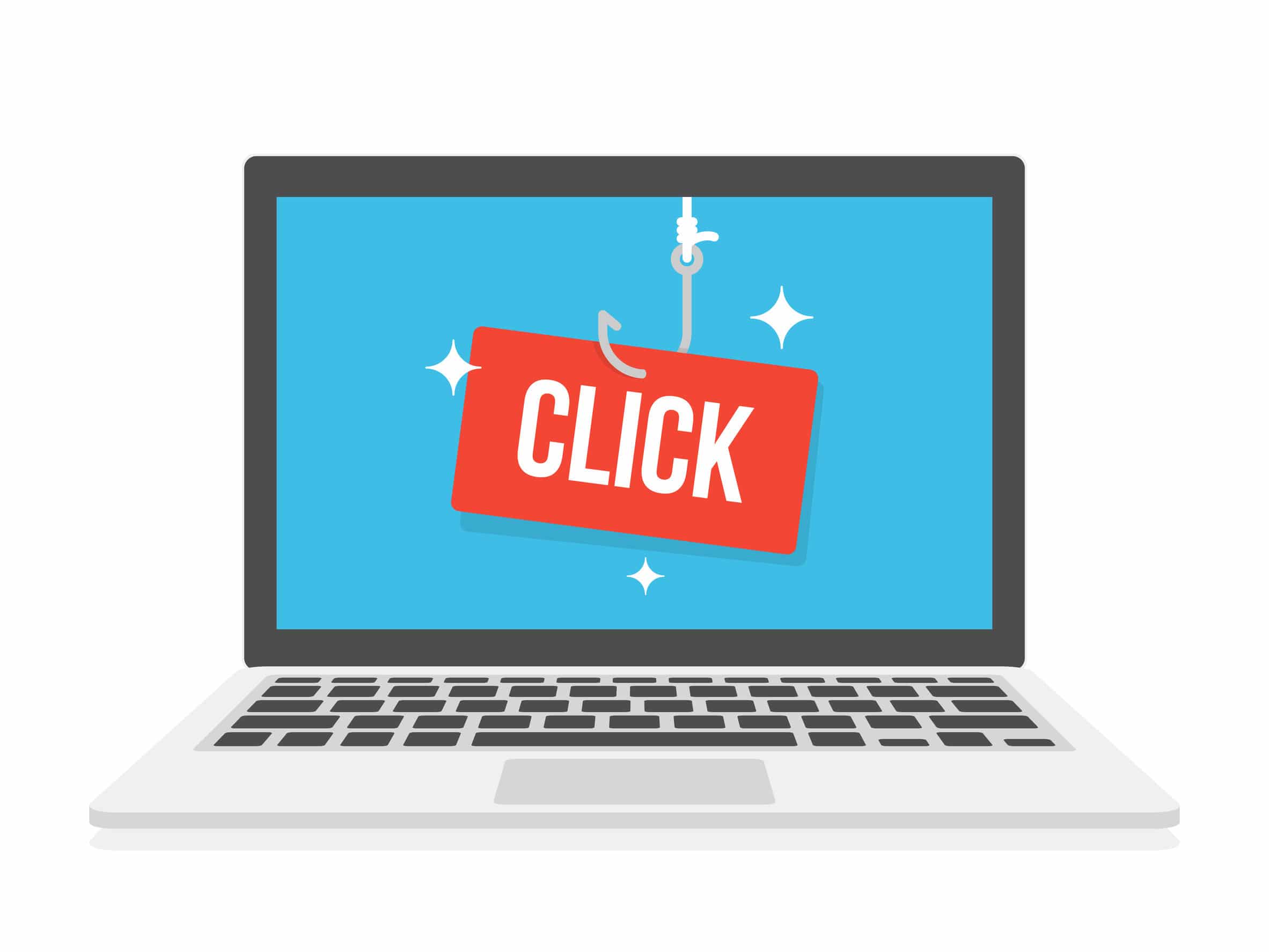
Everyone wants social engagement, clicks to their website, and search traffic. Clickbait headlines have an allure and an easy way to get people to click on your social media posts. It almost seems reasonable and justifiable in an age where attention grabbing headlines about politics or celebrities garner more and more of the space. But as a business is this the best way to get people’s attention? No, far from it. In fact it can have some detrimental impacts on your businesses’ website. So here’s why not to use clickbait headlines.
You’ll Lose A LOT of Trust
This is a factor you can’t quantify in SEO metrics. But trust is something that is necessary for any business. If you’re writing these kinds of headlines the trust goes further than, “can we trust your next blog article?” That’s a short-term impact that, honestly, isn’t that hard to overcome in today’s ADD society. A stranger can read your article and forget about it 5 minutes later. Believe me you’ll forget about this one moments after reading it.
It’s the perception that you’re not a legitimate business, a trustworthy source of information, and most importantly a company someone wants to do business with. If your current customers, followers, and vendors lose trust you’ll have to work twice as hard to get them back. If you’ve ever lost a customer due to a bad experience, you’ll know what I’m talking about. If they’ve come to grown accustom to reading your articles in a certain way, changing that perception may turn them off.
New visitors may never have your trust you. They may never take you seriously as a business, and you may never win that customer over.
You WILL Decline in Social Rankings
Probably due in large part to the 2016 election, clickbait titles and clickbait articles have come under some serious scrutiny in social media. It doesn’t matter who you think is “fake news,” there’s been a lot of this going on to get us to read sub-standard articles that PROVE what we want to hear.
Facebook has been working on ways to weed out these types of articles for several years. Although they may still have a lot of work to do, it is better than it was.
It Will Increase Your Bounce Rate (and your time on page) Bad News Hombre!
Sure, you might drive 10% or more traffic to your website, but at what cost? A spike in bounce rate can have negative impacts on your search rankings. Now, Google’s official statement on this is that they don’t use bounce rates to determine search rankings. However, dwell time is an important factor, and if you aren’t creating engaging content (or worse, false headlines) the time on that page will dramatically decline, and that will impact where Google places you.
MIND. BLOWN.
You Will Be Hacked by the Russians
This is a joke.You probably won’t have that happen.
In the End…
If you couldn’t tell, all of these titles were hyperbole. They were absolutes. Just like, “I lost 25 lbs using this one CRAZY trick!” These aren’t absolutely going to happen. But is it worth the risk for a few more clicks?
Social media is a tough marketplace to crack. Search engines are a tough place to crack. Digital marketing as a whole is hard. Everyone is doing it and you don’t want to be lost in the crowd. So what should you do instead? Here are four simple things to do that aren’t quite as fun as clickbait but will probably have more impact.
What to Do Instead
- Create better content – Create content that teaches and gives you something instead of just speaks at a 10,000 foot view. We create more content than ever in history and most of it is either for SEO rankings or to grab someone’s attention.
- Create more relevant content – You know your customers and your audience, speak to them, not everyone. Everyone isn’t your audience, so don’t write to everyone, write to those that you want to be on your website.
- Be timely – When things are happening that impact your business write about it. Right now we’re in the midst of a debate on whether fake news, clickbait titles, and misleading information written in absolutes impacted our election. So if your business’ area of expertise is in something that’s happening, educate your customers with your voice. That’s how trust is earned.
- Be You – We are not all BuzzFeed. So don’t treat your business or your audience like you are. This article is going to be about 800 words. Most of their articles never hit that level. But we don’t have the same audience. Our readers come for insight into marketing, not whether Reese Witherspoon is going back to her southern roots. (apparently that’s a thing)
You can have your traffic and keep it too. You just have to be true to you and your audience.